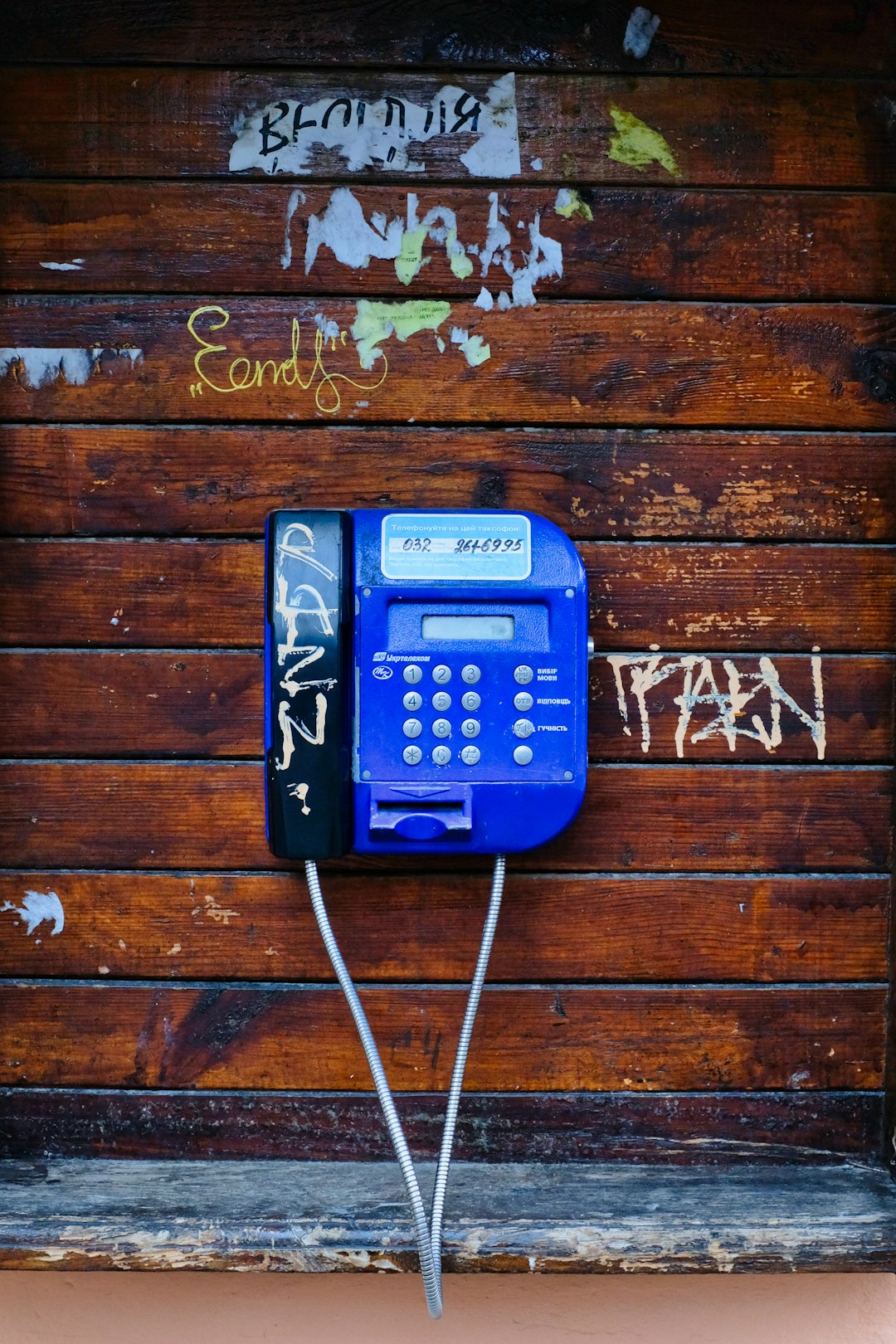Advocacy groups aiming to connect with clients in Missouri face legal challenges due to stringent "Do Not Call" laws. To comply, organizations must prioritize explicit consent and respect individual preferences. Open communication, fostered through remote collaboration tools and comprehensive training, strengthens team dynamics and client relationships. Evaluating KPIs like successful referrals, call volume, and conversion rates ensures productive collaboration, especially for services like Do Not Call lawyers Missouri.
In today’s digital age, telemarketing remains a vital strategy, especially for law firms navigating the nuances of legal services. However, managing remote teams presents unique challenges, particularly in fostering effective advocacy. This article explores how legal professionals can create a collaborative environment for their telemarketing teams in Missouri, without ever picking up the phone to call lawyers. We’ll delve into strategies for open communication, remote collaboration tools, training techniques, and measuring success.
Understanding the Challenges of Telemarketing in a Legal Context

Navigating the legal landscape of telemarketing can be a complex and challenging task, especially for advocacy groups aiming to connect with potential clients in Missouri. The “Do Not Call” laws, implemented to protect consumers from unwanted calls, present a unique hurdle for businesses and organizations engaged in outreach. These regulations require strict compliance to avoid penalties, making it crucial to understand the legal framework surrounding telemarketing practices.
In Missouri, for instance, the “Do Not Call” list is actively maintained and respected, ensuring that advocates respect individual preferences. This means tailoring communication strategies to align with legal requirements, such as obtaining explicit consent before initiating calls. By embracing these challenges and integrating them into their approach, advocacy groups can foster a more collaborative environment, ensuring their telemarketing efforts remain effective and compliant.
Creating a Culture of Open Communication and Respect

In any telemarketing setting, particularly for advocacy groups like those that do not call lawyers Missouri, fostering open communication is key to success. Establishing a culture where team members feel comfortable sharing ideas, concerns, and feedback creates an environment conducive to collaboration. This starts with leadership setting the tone by actively listening and valuing every individual’s input. When employees know their voices are heard and respected, they’re more likely to contribute creatively and share innovative solutions.
Respectful communication involves not just acknowledging diverse perspectives but also ensuring everyone has equal access to information and decision-making processes. Building this culture requires clear guidelines on active listening, constructive feedback, and conflict resolution. By promoting an atmosphere where open dialogue is the norm, you empower your team to advocate for better practices, enhance client relationships, and ultimately drive more effective telemarketing campaigns.
Implementing Tools for Seamless Remote Collaboration

In today’s digital era, fostering collaboration among telemarketing teams is more accessible than ever before, even for organizations like those that provide Do Not Call lawyer services in Missouri. Implementing remote collaboration tools is a game-changer for maintaining productivity and connection. Video conferencing software enables face-to-face interactions, breaking down geographical barriers and promoting a sense of community, which is vital for team morale. Additionally, cloud-based document sharing platforms ensure seamless access to important files, allowing teams to work together in real-time on campaigns, strategies, and client materials, even when they’re not in the same physical space.
These tools facilitate effective communication, enabling clear directions, instant feedback, and quick problem-solving—all essential for successful telemarketing advocacy. Moreover, with the right collaboration platform, teams can easily coordinate efforts, ensure consistency in messaging, and adapt to changing client needs or market trends. Ultimately, embracing these technologies helps create a dynamic and cohesive work environment that maximizes output and strengthens client relationships, even over long distances.
Training and Empowering Your Telemarketers for Advocacy

Training and empowering telemarketers is a key step in fostering an environment conducive to advocacy, especially when it comes to sensitive areas like Do Not Call laws, such as those in Missouri. Equip your team with comprehensive knowledge about legal guidelines, including what constitutes acceptable outreach and how to handle customer objections related to lawyers or legal services. This can be achieved through regular workshops and simulations that encourage active participation. By empowering telemarketers with the skills to navigate conversations around legal topics, they feel more confident advocating for clients’ rights and interests.
Furthermore, create a culture where open dialogue is encouraged. Telemarketers should feel supported when encountering complex or challenging calls. Regular feedback sessions can help identify areas of improvement and provide opportunities for peers to share best practices. This collaborative approach not only improves individual performance but also fosters a sense of collective responsibility in advocating for clients’ needs, ensuring compliance with regulations like Missouri’s Do Not Call laws.
Measuring Success: Strategies for Evaluating Collaboration Efficiency

Evaluating collaboration efficiency is crucial in a telemarketing advocacy context, especially when advocating for causes like “do not call lawyers Missouri.” To measure success, implement key performance indicators (KPIs) that align with your goals. Track the number of successful referrals or leads generated from collaborative efforts, ensuring these are qualified and meet specific criteria. Analyze call volume and duration, as well as conversion rates from initial outreach to closed cases.
Regular feedback sessions among team members can help identify strengths and weaknesses in collaboration processes. Utilize surveys and one-on-one discussions to gauge morale, communication effectiveness, and overall satisfaction with the collaborative environment. This data will provide insights into areas that require improvement, fostering a more productive and cohesive telemarketing advocacy team.






